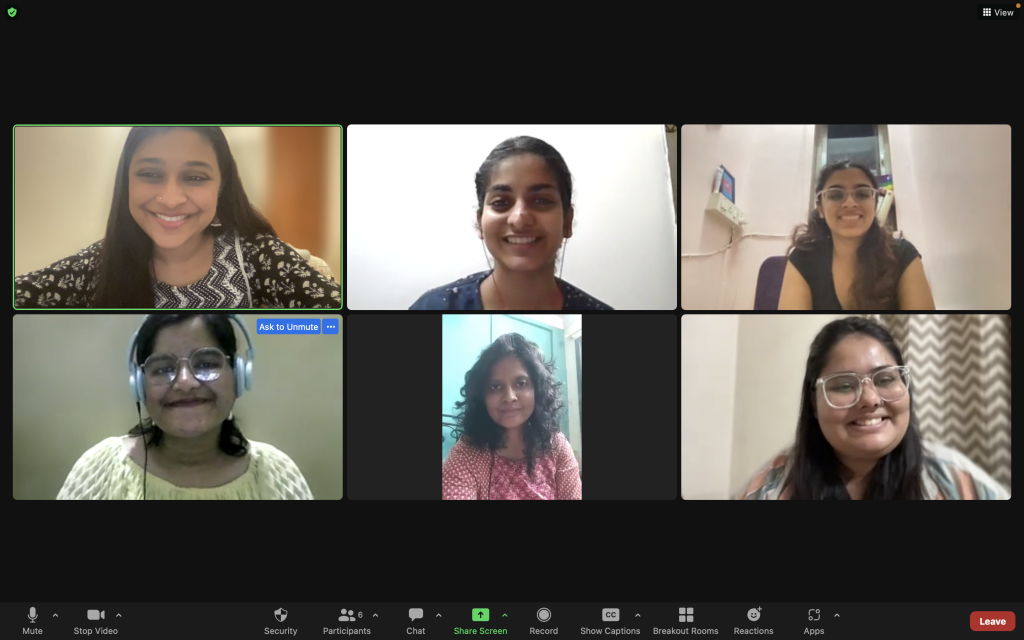Public spaces of education: The complicated nexus of shame, agency and resistance
December 15, 2022For most of my life, public domains have not felt like a space I had any say or ownership in.…
16 days of Activism, 2022 at One Future Collective
December 14, 2022Started by the Centre for Women’s Leadership in 1991, 16 days of Activism against gender-based violence (GBV) is used as…
Donate Now
Get Involved
